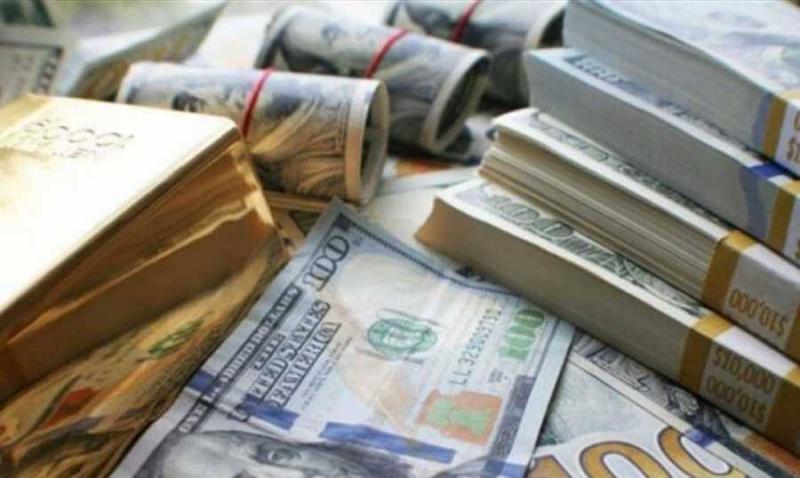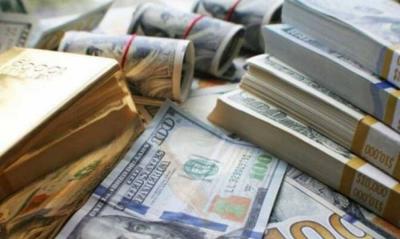According to the international rating agency - Emerging Finance EMFI - the pricing of Lebanese Eurobonds has reached 9.2 cents, while Venezuelan Eurobonds are priced at 9.5 cents. This indicates that the price of Lebanese Eurobonds has reached the lowest global rate and continues to decline dangerously and systematically. For several years, we have feared the nightmare of the economic and social crisis in Venezuela, witnessing citizens of that country carrying bags of national currency to buy basic necessities, or even to pay for a cup of coffee. Today, we observe that this nightmare has become a bitter reality that is hard to accept.
Lebanon has followed the same path of dramatic collapse, loss of national currency value, liquidity issues, and queues of humiliation to secure the bare essentials for living. This chasm has been dug by internal hands. We remind you that Venezuela is a country rich in gas, oil, gold, and minerals, which could have made it one of the wealthiest nations in the world. Yet, it faces one of the toughest economic and social crises. The lesson is that natural resources and revenues do not build countries and wealth; rather, the destruction is caused by poor management, ambiguous intentions, rampant corruption, and sustained theft.
This means that without good governance, solid management, and transparency, a country cannot be built, regardless of how vast its resources or wealth might be, which will not be enough to revive it. In Lebanon, there are many empty promises and talks about gas exploration, which remain a buried illusion in the depths of the seas, hostage to international conflicts. Unfortunately, even if these dreams or illusions become a reality in the long term, we cannot benefit from these natural resources in such corrupt environments. The resources we possess today, which include human resources, innovation, and growth, have been destroyed and collapsed. This scenario will repeat itself with any other natural resources.
We must remember the dark history of March 7, 2020, when the Lebanese state officially decided to refrain from paying its obligations, which at that time amounted to about one and a half billion dollars. That year, instead of respecting these international obligations, they preferred to bankrupt the country and waste around 18 billion dollars in just one year for a phantom support that did not even reach the Lebanese but was exported beyond borders. This was the starting point for the financial and oil collapse, and worse still, after this catastrophic decision, no actions were taken to restructure or at least negotiate with Eurobond holders, as if they could turn the page, erase the debts, and pardon the past. This means we are still digging in the same tunnel, deepening the hole into darker oblivion instead of attempting to dig toward the light.
We remind and emphasize that Lebanon is a small country that can collapse rapidly, but at the same time, it can also grow again quickly if genuine, sincere, and solid will is found, which is currently lacking. Our hope is not in politics or politicians who have created the worst economic, social, financial, and monetary crisis in the world, but it remains in our courageous people, free initiative, our innovations that circulate worldwide, our love for life, our resilience to rebuild, our strength in not giving up, perseverance, and faith in ourselves, our land, our roots, and even our future.




